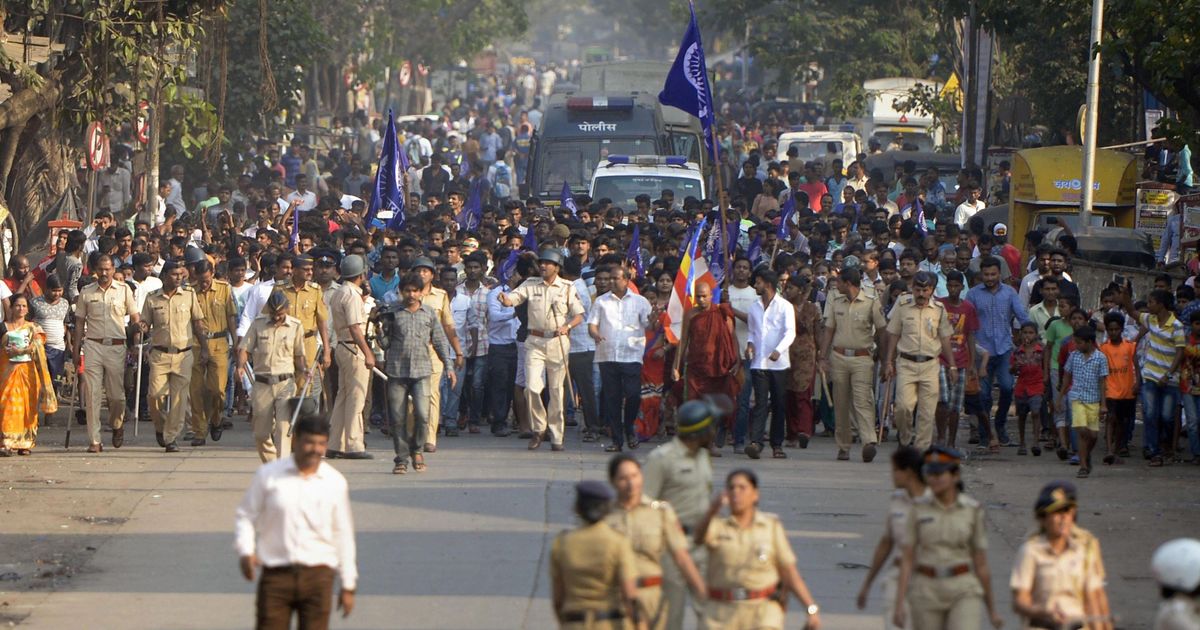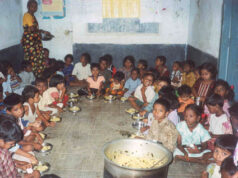By Indian standards, the atrocity was hardly worth a raised eyebrow. In the US, George Floyd, a black man accused of using counterfeit currency, was killed when a white policeman knelt on his neck for nine minutes despite the victim crying out that he couldn’t breathe. This outrage sparked demonstrations and riots not only in the US but across many countries. Indians too condemned it, but mostly with a barely suppressed yawn.
There are two reasons for this. First, most of the public no less than the police believe that third degree is a normal procedure to extract confessions and solve crimes. The judicial system seems so incapable of convicting criminals with money and contacts that “encounter specialists” — policemen who specialise in gunning down suspects in cold blood — are hailed as heroes rather than murderers. Ab Tak Chhappan, a film about a policeman boasting of 56 encounter killings, was such a hit that it spawned a sequel.
Second, violence based on caste, religion and gender is so ingrained in society and politics that police violence is viewed as not as an exceptional outrage but an extension of social and political feuding. Mayhem and killing routinely happen in clashes between people of different castes, religions, regions and ethnicities. The chief perpetrators become important political leaders of their communities rather than jailbirds. Every political party is associated with mafia gangs and vigilante groups that can threaten and beat up dissenters while the police turn a blind eye.
Even if no politics is involved, caste violence is endemic; ethnic and religious minorities are threatened and dispossessed; khap panchayats kill eloping couples; groups objecting to supposed insults to their communities are able to ban or block films and books, and rumours suffice for mobs to kill supposed child-lifters or witches. The list goes on and on.
‘Black Lives Matter’ has become a clarion call in the US. Floyd is the latest of many blacks killed by the police or vigilantes in recent years. In India, some liberal voices want to start a movement for ‘Muslim Lives Matter’. The vast majority of people killed in communal riots, such as the recent Delhi riots, are Muslims. Hindu lynch mobs have beaten up or killed Muslims suspected of eating beef or transporting cattle for slaughter. An eight-year-old girl of a Muslim nomadic group was gang-raped and murdered to cow down the nomads to stay away from a Hindu area in Jammu.
Despite this, Muslims in India are far better off than blacks in the USA. After all, Muslims were for nearly a thousand years the ruling class in India and never thought of themselves as a minority until democracy arrived. Many Muslims were emperors, feudal lords and millionaire businessmen. By contrast, blacks in the US were historically slaves.
If indeed Indians wish to protest against the most egregious of historical and current outrages, that should be ‘Dalit Lives Matter’. Dalits will tell you that the police often refuse to register cases against upper castes. For what it is worth — a gross undercount — the National Crime Records Bureau shows that crimes against Dalits rose from 33,655 in 2012 to 40,801 in 2016. One Dalit was killed in Gujarat for daring to ride a horse — supposedly an upper-caste monopoly. Another Dalit in Uttarakhand was killed for daring to eat at a wedding table for upper castes. The media hardly noticed.
Read the rest of the article here. This post was originally published on the Times of India website on 14th of June, 2020.
Read more: Rajaji Was Prescient About Electoral Funding
Post Disclaimer
The opinions expressed in this essay are those of the authors. They do not purport to reflect the opinions or views of CCS.






